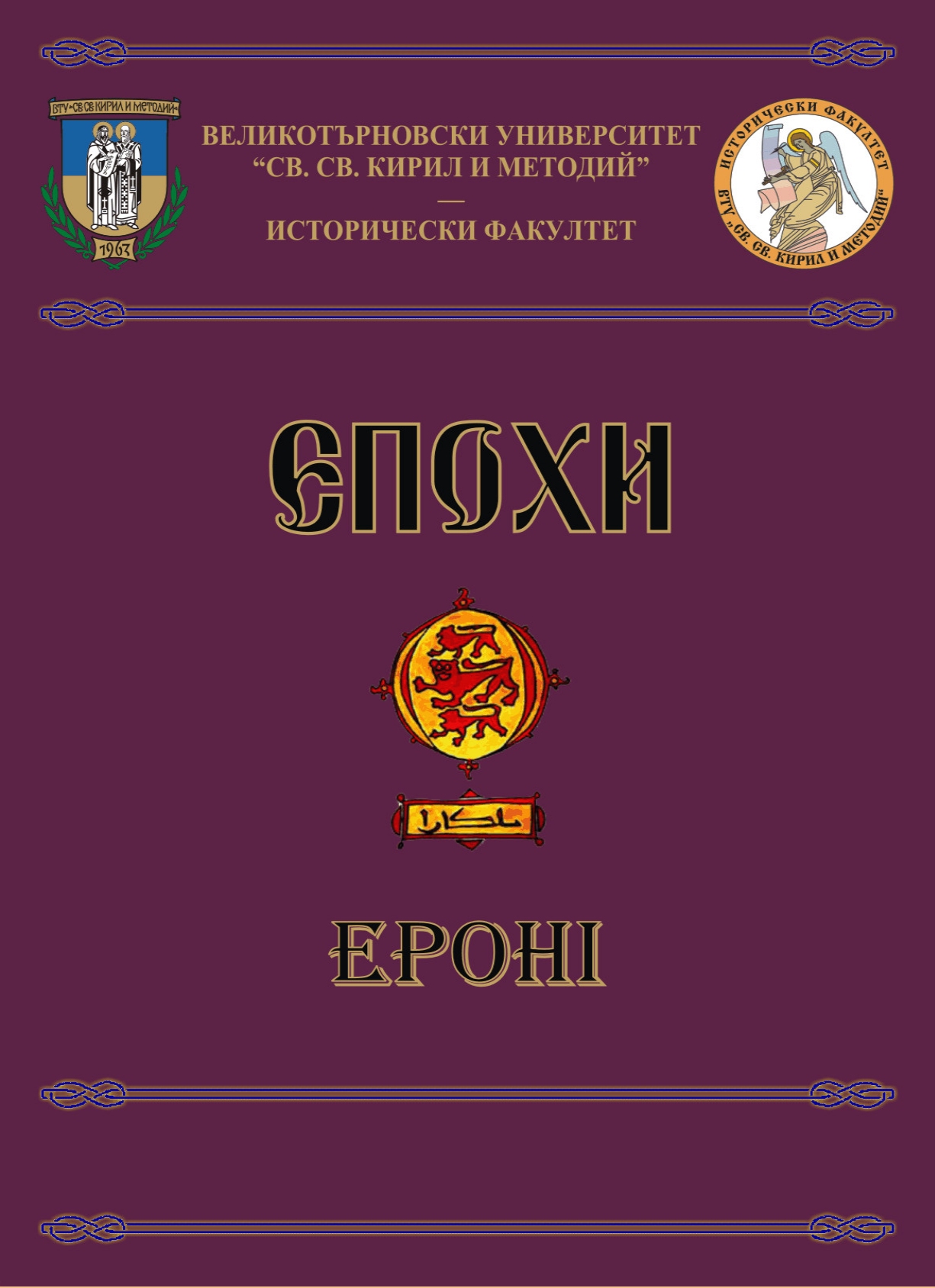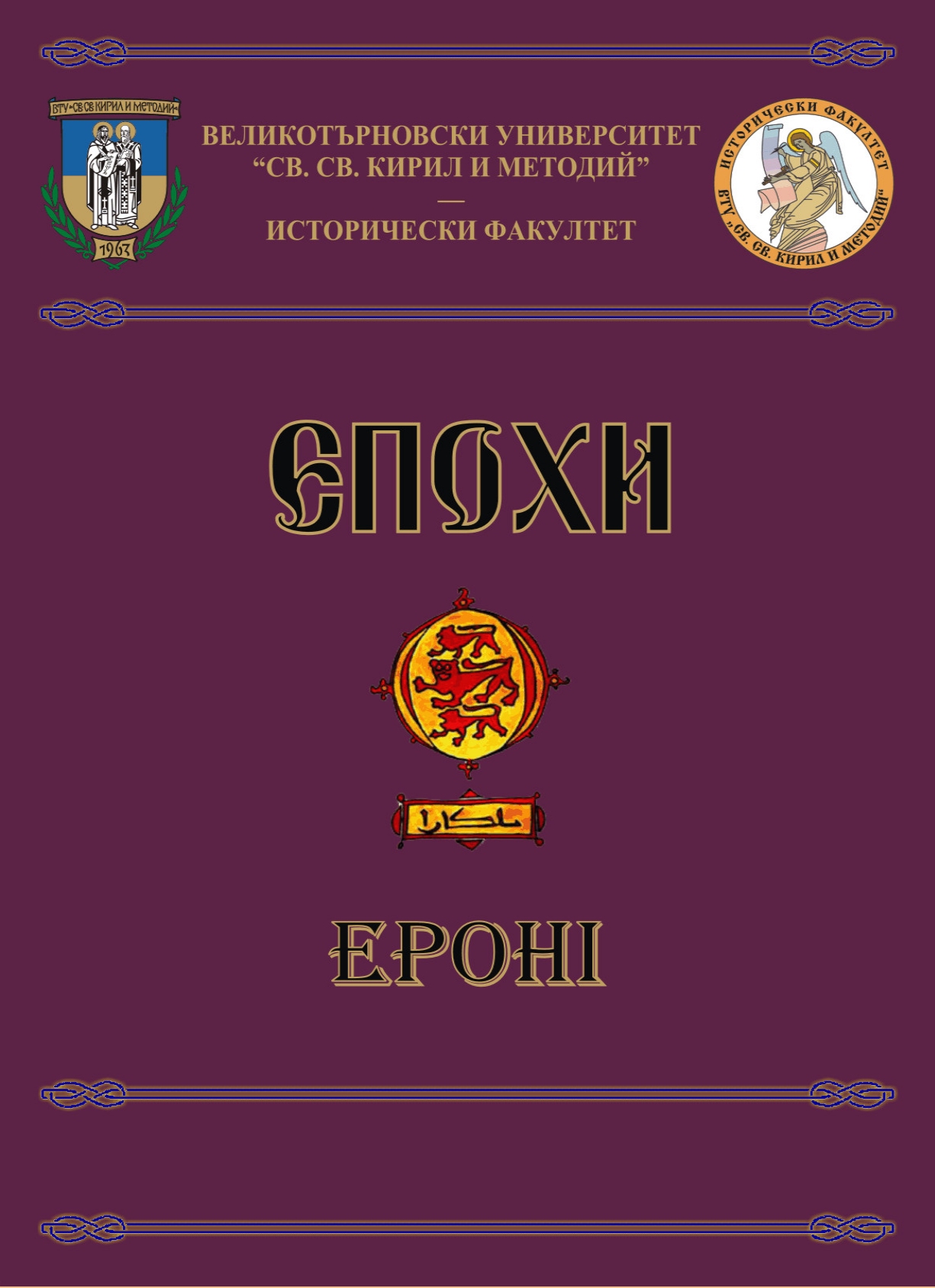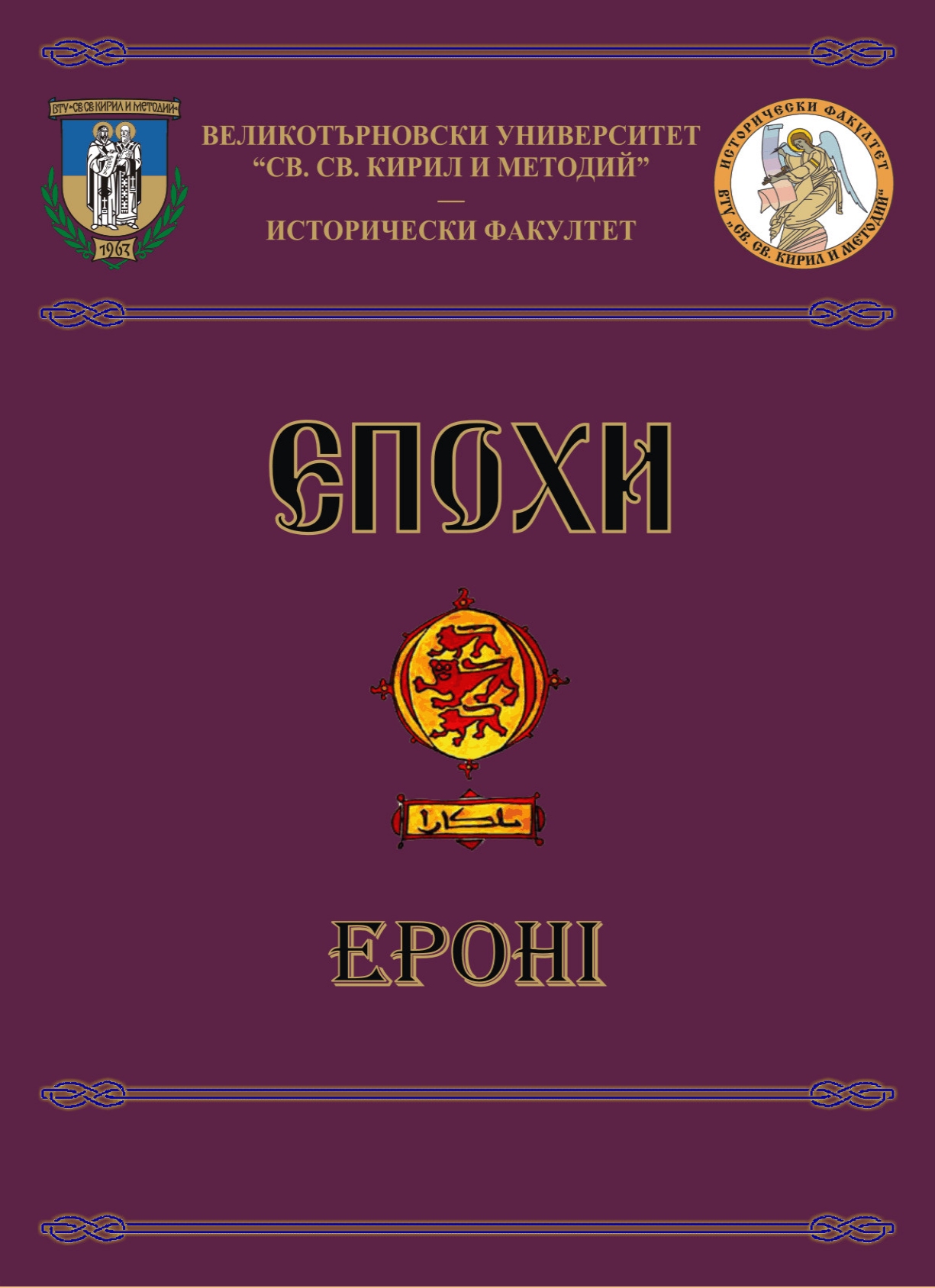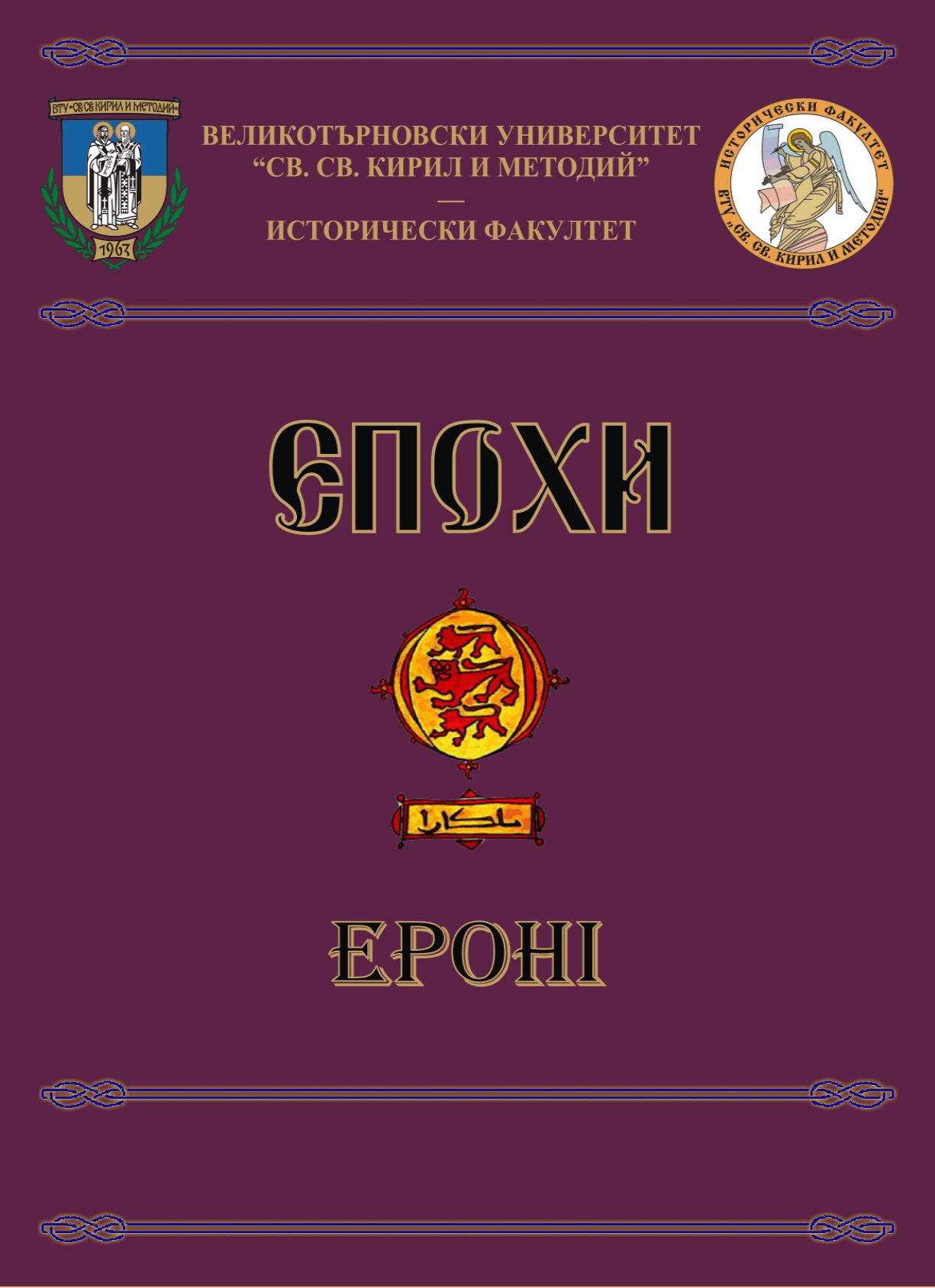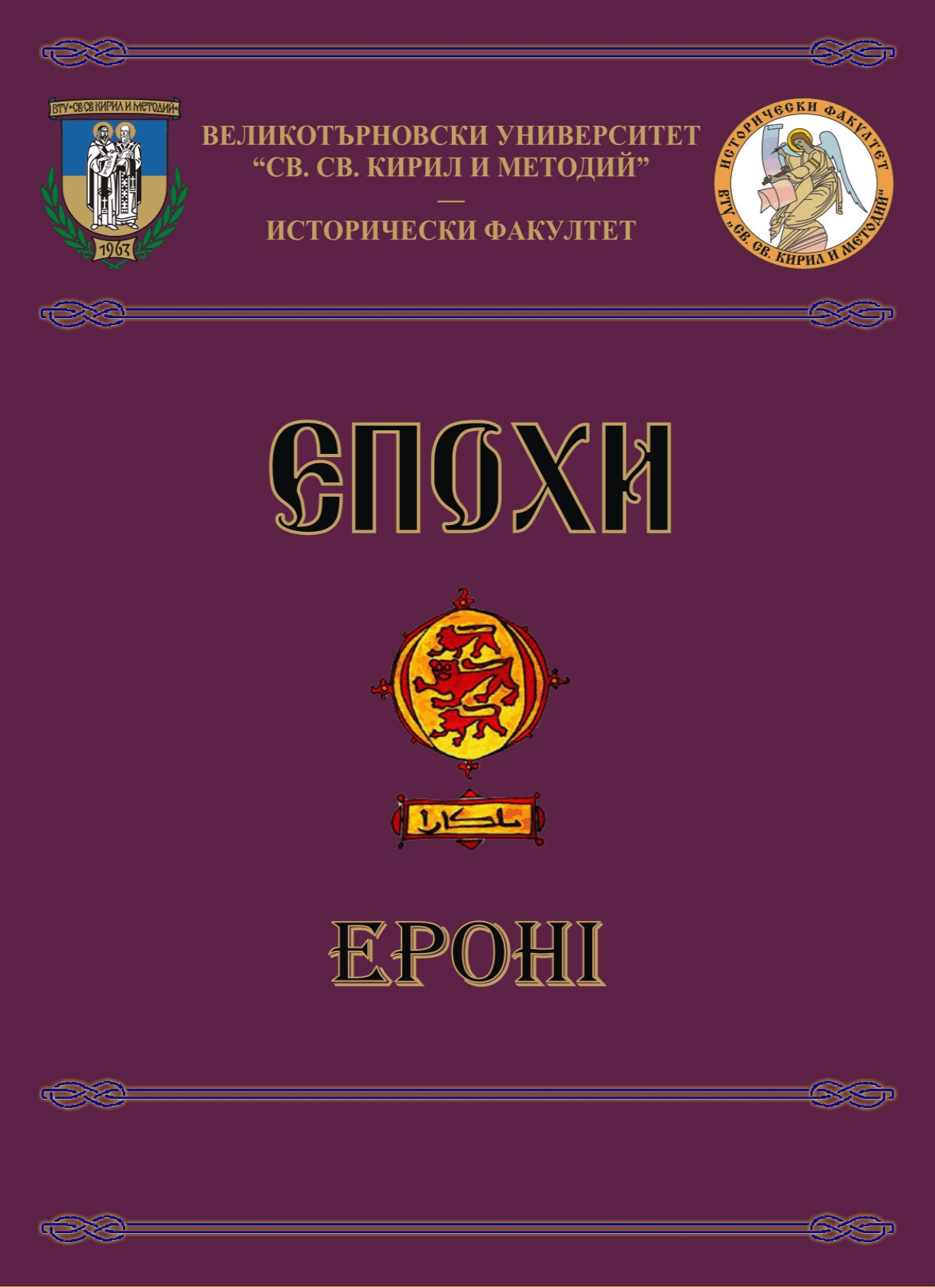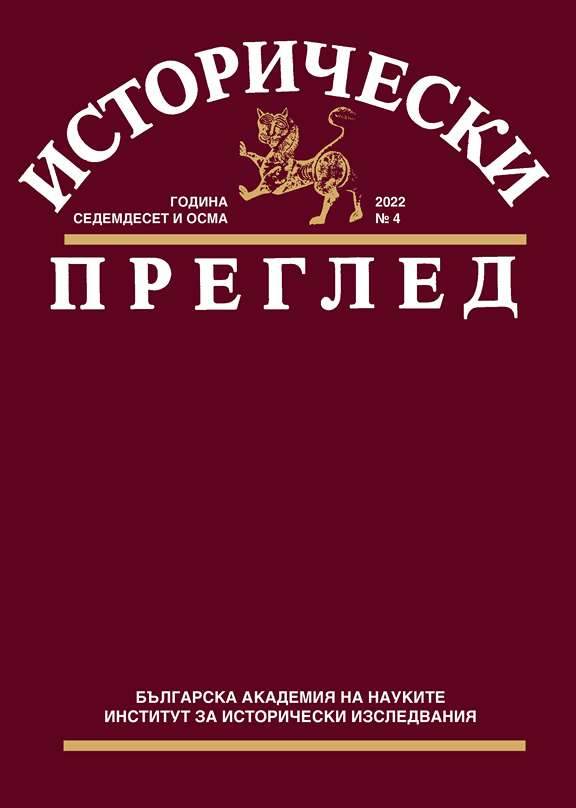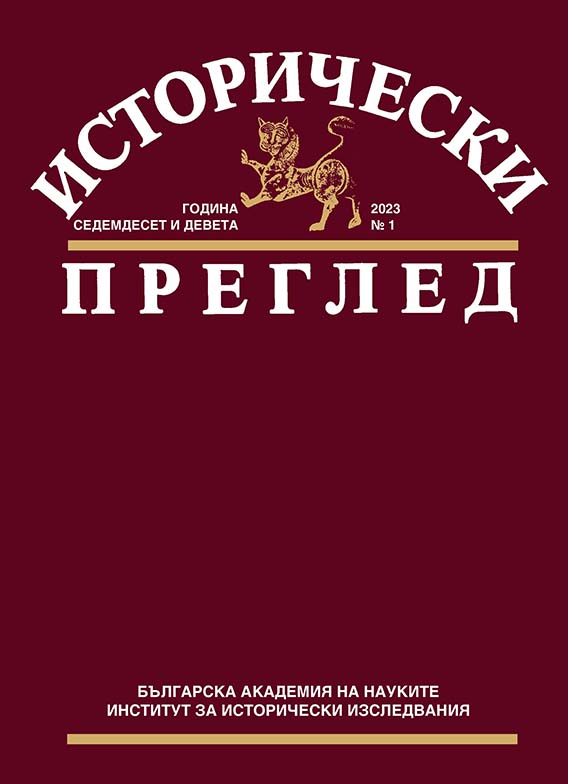Author(s): Krastyo Yordanov / Language(s): Bulgarian
Issue: 1/2023
Based on Ottoman source material, the studies attempt to trace the fate of several Derbendji villages in the region of Zlatitsa, the valley of the Topolnitsa River, and the Sredna Gora Mountains. The Zlatitsa-Pirdop valley is located at a crossroad where two secondary roads meet. ‘Derbend guarding’ (guarding of roads and passes) in this region was to some extent directly related to the maintenance of these roads and the provision of safe travel and communications. However, the sources show that in the first century of the Ottoman rule, only two Derbendji villages were created at the initiative of the Ottoman authorities, in order to populate the deserted and dangerous areas along the road. Subsequently, before the middle of the 16th century, the network of Derbendji villages in the Zlatitsa region expanded, including a number of old settlements. Usually, the population of these settlements, on their own initiative, secured a Sultan’s firman (order) for the granting of Derbendji status, referring to the frequent robberies and murders along the road in the lands of the villages. The villagers wanted to obtain Derbendji (guardian) status so that they can defend themselves with weapons, ensuring their peace and the security of travelers. However, the fate of the Derbendji villages in the Zlatitsa-Pirdop region shows that the Derbendji status and tax privileges did not automatically lead to the demographic and economic prosperity of the villages, turning them into important economic and cultural centres of the Bulgarian nation. The strong Turkic colonization in the valley, as well as the processes of Islamization that began at the end of the 15th century among the local Bulgarian Christian population as well as the example of the first converts, had certain influence on the desire for conversion to Islam, which was associated with exemption from some taxes such as the cizie. Two of the Derbendji settlements in Zlatitsa region eventually became completely Muslim villages. Thus, the author’s thesis is confirmed that the privileged status of the population with special obligations was not so decisive for settlement development, as were factors of a natural-geographical, ethnographic (the specifics of individual ethnographic groups and regions) and socio-economic nature.
More...
